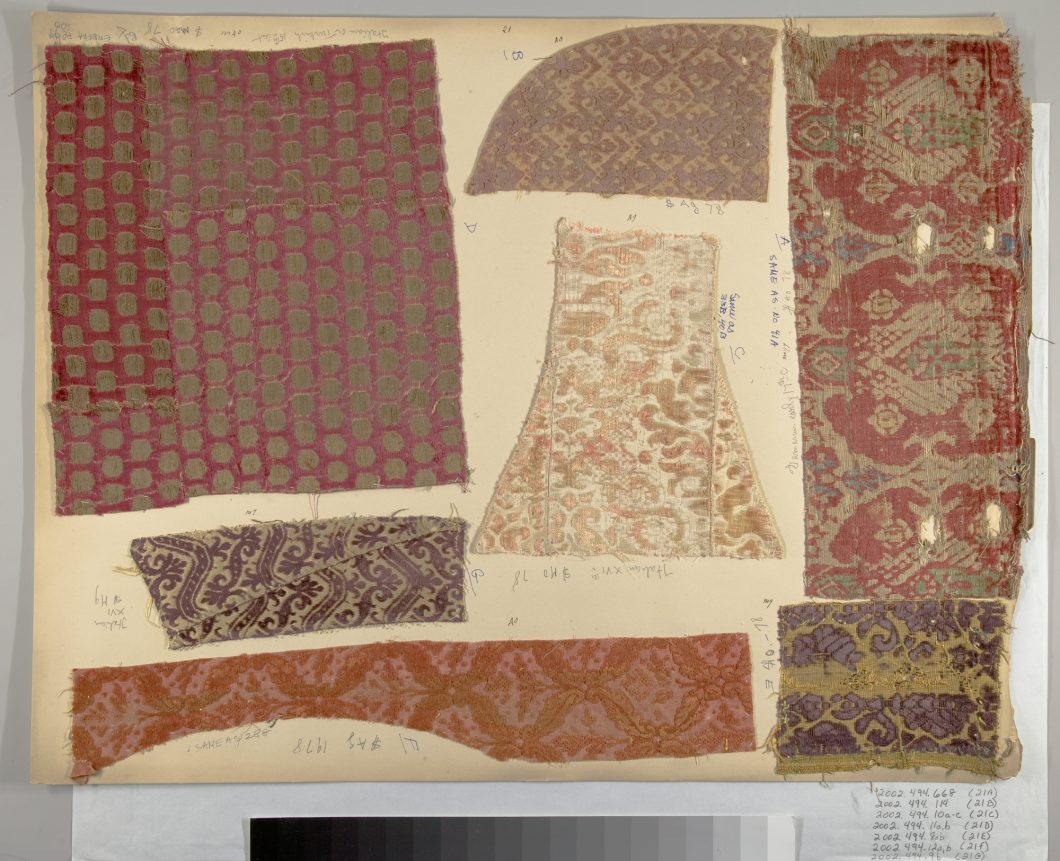
Interview with Aduri and Translator Shubomoy Haque, Savar, Bangladesh
The Rana Plaza collapse was an accident that occurred on April 24, 2013, in Savar,
Bangladesh, in which Rana Plaza, an eight-story commercial building with five garment
factories inside, collapsed, killing 1,134 garment workers.
We, an American woman
and a male NGO officer,
enter Aduri’s one-room home. Our seats,
her bed; she squats on the floor.
He translates: she’s thirty-five.
Aduri’s rose-apple face is barely creased.
She holds a brown paper sheet
inked with indigo Bangla script.
Her rosy calm increases as she folds
a hem at the paper’s top.
Her bone folder creases the paper
in half. She sewed at a garment factory
in Rana Plaza. To each side
she adds sharp pleats. Falling concrete
bruised her waist and head, but no more Rana
Plaza talk. Aduri pastes side
edges together. Too troubling
concrete memories bruise. She folds and glues
bottom flaps; flat paper is now
a bag. I wonder: can she heal
after knowing folded ceilings and floors
threaded with mangled colleagues—thousands?
She could not go back to factory
work. Aduri and her family make
one thousand bags in one day, thread
orange ribbon handles through each,
sell the day’s work for two U.S. dollars.
Extreme poverty is more like
one dollar a day. Aduri
gives us finished bags, shadows veil reddened eyes.
On my shelf, her handmade gift sits
—time, body, mind collapsed inside—
all the dollar bills I have can’t fill it. Never will.
Sisters
In the 1920 census,
my grandmother and her sisters
are squeezed into rows
and columns recording
their lives after
they left Vishnevskaya.
Not recorded:
how Jewish sisters
who spoke only
Yiddish were stuffed
into steerage with cargo
and 1,721
fellow passengers,
to be sloughed off
at Ellis Island,
crammed into windowless,
motherless, three
rooms with father,
brothers, one
down-the-hall-
split-between-
families bathroom,
to breathe in
Brooklyn’s soot
and coal ash,
powdered cement,
sawdust, horse
manure, car
exhaust; breathe
out English. Recorded:
Alien; Single.
Omitted: no education
after age eleven.
Recorded under
Occupation, 1920,
the sisters
are Wage Workers.
Minnie assembled
Dress-shop
dresses; Ida
sewed shirts
for a men’s shirt
Factory; in a waist-shop,
Dora made blouses
called shirtwaists;
Lilly, my grandma,
kept the books
at a knitting mill.
Not recorded:
the New York
sweatshops and mills
where these sisters worked:
over-packed, lacking
sprinklers, lacking
open fire doors, lacking
a strong union—
worksites as lacking
as Triangle
Shirtwaist factory
in Manhattan, 1911,
where pairs of sisters,
Rosie and Sarah,
Lucia and Rosaria,
Sara and Tessie
were caught
sewing buttonholes,
cuffs and sleeves
in the seven rows
of forty machines
on the ninth floor
when a cigarette
turned a cotton
scrap into locomoting
flames and smoke.
Scorched and smothered,
they screamed Yiddish,
Italian, English
goodbyes to their families,
groped for the only
elevator, soon-
to-break fire
escape, locked
door, ninth
floor windows.
Not recorded:
new workplace laws written
with ashes of sisters,
ashes of 140
co-workers, ashes
held in the pockets
of Ida, Minnie,
Dora, Lilly,
me, and
possibly
you.
______________________________
“Fragment” is licensed under CC0 1.0.

